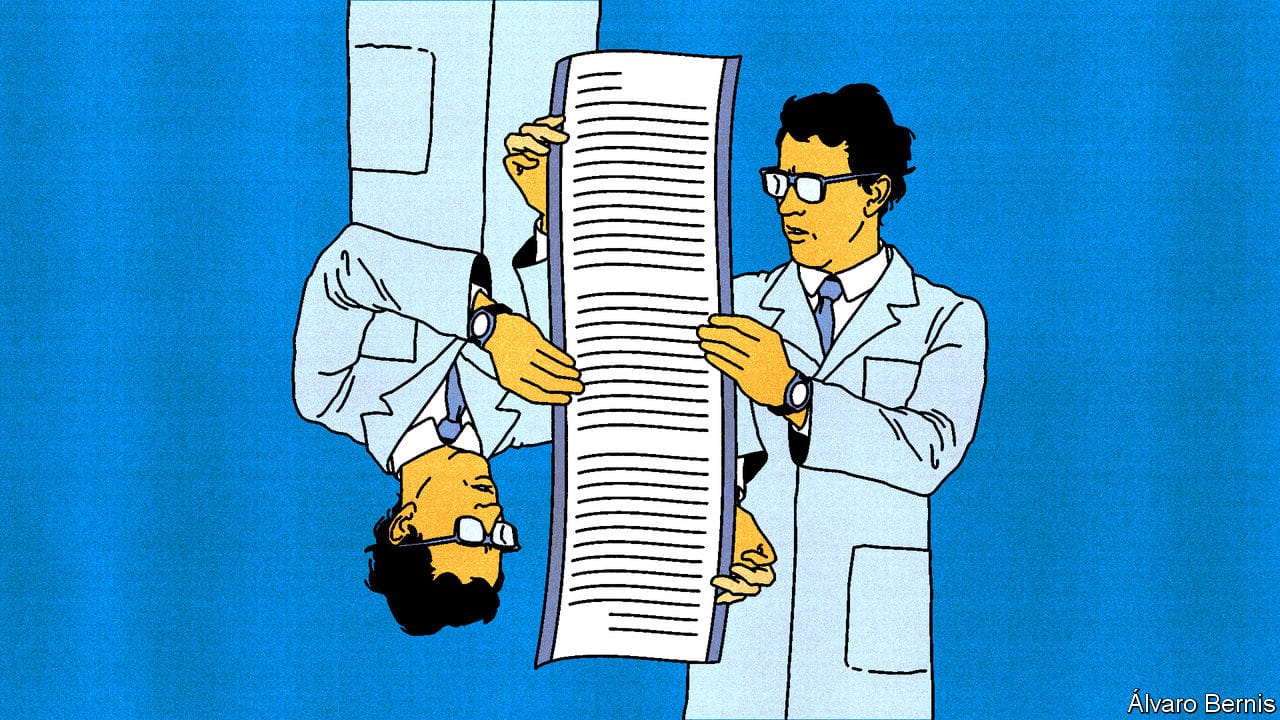- by
- 07 24, 2024
-

-
-
Loading

Loading

ONE OF THE biggest concerns in science is bias—that scientists themselves, consciously or unconsciously, may put their thumbs on the scales and influence the outcomes of experiments. Boffins have come up with all sorts of tactics to try to eliminate it, from having their colleagues repeat their work to the “double blinding” common in clinical trials, when even the experimenters do not know which patients are receiving an experimental drug and which are getting a sugar-pill placebo.But gathering the data and running an experiment is not the only part of the process that can go awry. The methods chosen to analyse the data can also influence results. The point was dramatically demonstrated by two recent papers published in a journal called . Despite being based on the same dataset, they drew opposite conclusions about whether using a particular piece of kit during appendix-removal surgery reduced or increased the chances of infection.